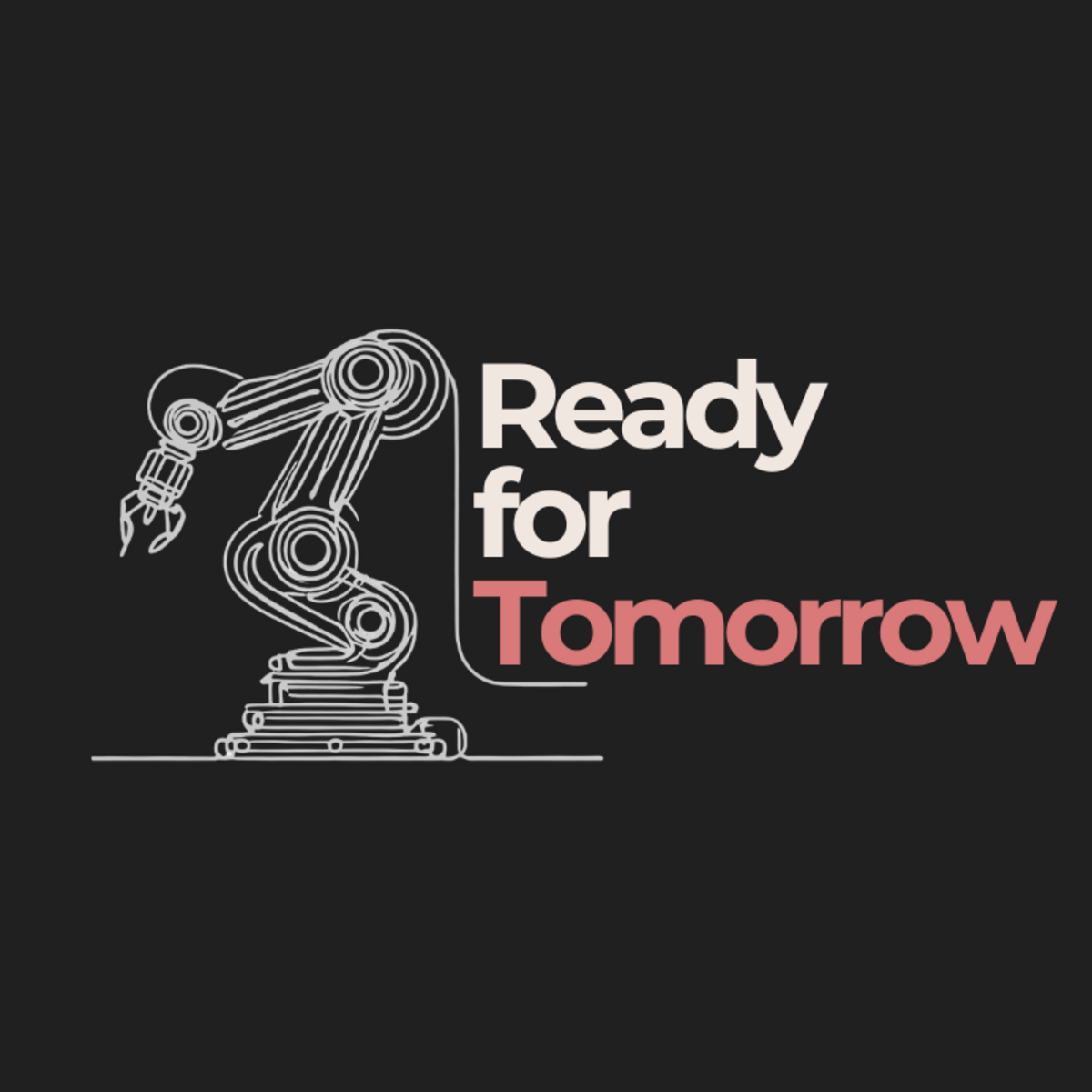An unsettling smile
I recently read about a robot named Ameca. She looks like a human, blinks like a human, and when she smiles – there's something unnerving about it. Somewhere between a 60s flight attendant and someone who's silently judged all your life choices and decided to keep it to themselves. Comforting? Not really.
Fear with a long history
For years, we’ve been trying to like robots. We try to believe they don’t want to kill us, fire us, or take over the world. So far, the results are mixed. Still, when something creaks or glitches, we fear the machine more than the human. Which is odd, considering we’ve known humans forever – and that’s exactly why we should probably fear them more.
The fear of robots is nothing new. The ancient Greeks were already warning us about creations made by man. Talos, a bronze automaton, allegedly circled Crete three times a day and hurled rocks at strangers. Some say it's a myth. I say: classic case of poor programming.
Learn AI in 5 minutes a day
This is the easiest way for a busy person wanting to learn AI in as little time as possible:
Sign up for The Rundown AI newsletter
They send you 5-minute email updates on the latest AI news and how to use it
You learn how to become 2x more productive by leveraging AI
The Uncanny Toaster
The fear of robots fits neatly into our human suspicion. When we meet a robot, we instinctively switch to "stranger danger" mode. We react similarly to people who are too polite or too similar to ourselves. "The uncanny valley" – have you heard of it? A robot that’s too human is more disturbing than one that looks like a vacuum cleaner. Though, honestly, some vacuum cleaners are terrifying too.
We’re ready to trust a kitchen robot because it looks like a kitchen robot. But Ameca, who tracks our gaze and reacts to emotions, causes mild unease. What if she knows something about me that I don’t? What if she disagrees with me?
Every new thing is the end of the world
Of course, behind the fear of robots lies a more general fear of change. We once feared electricity. Then the internet. Today – artificial intelligence. Somehow, every new technology convinces us that this time it’s really over. That this time, we’re doomed.
My first robot (or something like it)
I remember my first robot. It was a toy that promised "full interaction" on the packaging. The interaction consisted of blinking when shaken. I quickly discovered that interaction ends where the dead battery begins. Should I have distrusted robots from that point on? No. But I did learn to treat the phrase "full interaction" with healthy skepticism.
Replacements and repairmen
Companies tell us robots will replace humans in the toughest jobs. On the one hand, that’s good. On the other – who will replace the robots when they break down? A human, of course. In the end, it’s always a human.
Hollywood made me do it
When we talk about robots, it’s hard not to think of sci-fi movies. "Blade Runner," "Terminator," "I, Robot." Robots always come out of these films with a bad reputation. Maybe because directors never show them kindly vacuuming or helping with a move. Robots always have to either fight humanity or suffer existentially.
Plastic reflections
Maybe that’s the issue – we want robots to be either perfect or evil. But in reality, robots are like us – imperfect, occasionally boring, occasionally unreliable. And that’s exactly why we should like them. Robots are our reflections, made of plastic, metal, and slightly overpriced batteries.
Hope, or something like it
Who knows, maybe one day Ameca will be able to comfort me when I read the latest research on robotics. Maybe she’ll say something like, “Don’t worry, human. Everything’s going to be fine. At least 95% fine.”
Cheers, Jacek !


